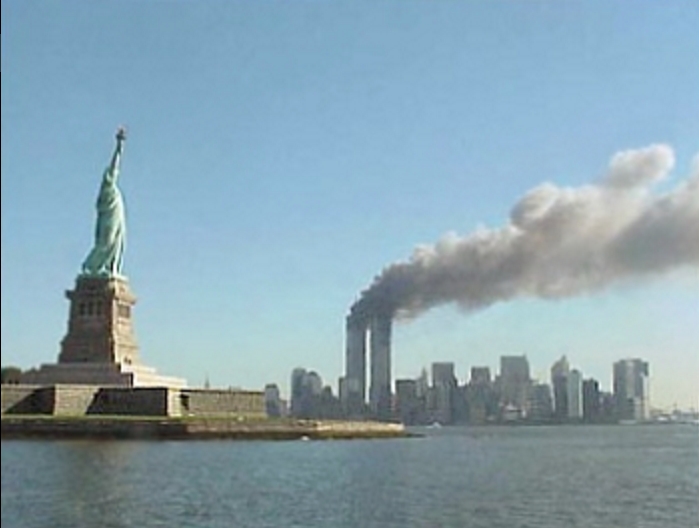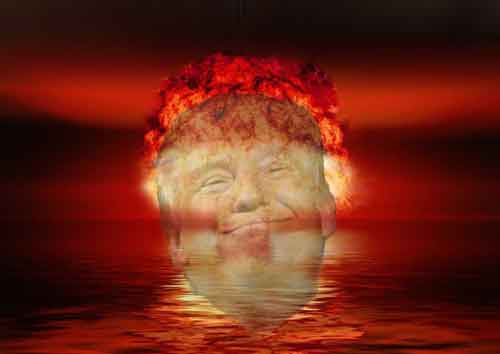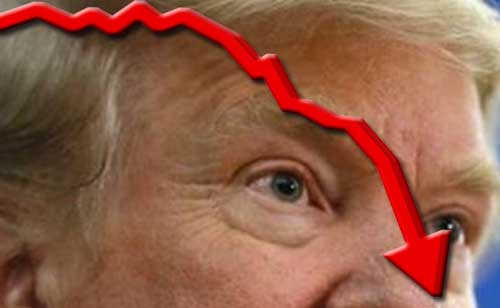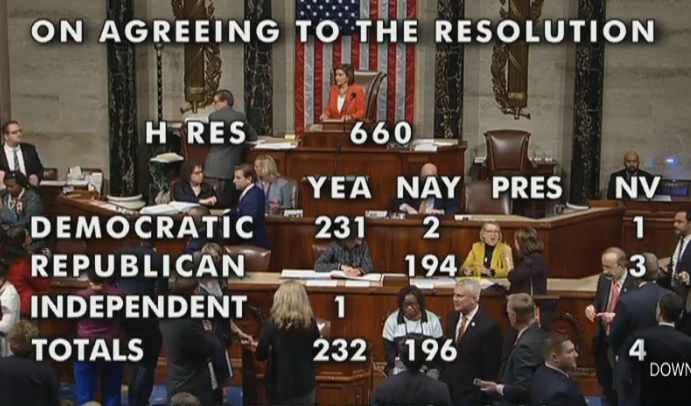2019 saw the biggest increase in global military spending in a decade, according to data published Friday, which also showed the United States ramping up war expenditures under President Donald Trump.
The findings are from The Military Balance 2020, the latest annual assessment from the International Institute for Strategic Studies (IISS) formally launched at the Munich Security Conference.
According to the report, which measures over 170 countries, global defense spending rose 4% in 2019 compared to 2018 amid “an unstable international security environment.”
Global defence spending has reached its highest level in a decade, IISS #MilitaryBalance data published today shows. Find out more in The Military Balance 2020 – OUT NOW | https://t.co/4sQPYYuTVV pic.twitter.com/OL2ZPfvRIn
— IISS News (@IISS_org) February 14, 2020
The U.S. continued to claim top spot in military expenditures, spending $638 billion in 2019. China was the second biggest spender at $185 billion. Both countries’ spending grew 6.6% compared to the prior year.
But, “the trajectory of the two states’ defense spending is diverging,” wrote Lucie Béraud-Sudreau, IISS research fellow for Defence Economics and Procurement, in a related blog post. “The budget increase in the U.S. was the largest in 10 years, and spending has increased year-on-year since U.S. President Donald Trump took office. While spending is still rising in China, the pace of growth is decelerating.” As a result, the spending gap between the two countries has widened.
[content id=”79272″]
The U.S. increase alone of $53.4 billion, the report added, was roughly on par with Britain’s entire defense budget.
The increased U.S. spending came as the country “is simultaneously reducing its financial assistance to allies’ defence budgets,” Béraud-Sudreau added.
‘Nominal increase in US defence spending of US$53.4bn between 2018 and 2019 almost matched the UK’s entire 2019 defence budget of US$54.8bn, and is equivalent to the 7th-largest defence budget in the world’ | @chipmanj #MilitaryBalance #MSC2020 https://t.co/4DNxTV6Y2m pic.twitter.com/1653bVxxbG
— IISS News (@IISS_org) February 14, 2020
Among the factors the report linked to the environment of uncertainty are the collapse of the Cold War-era Intermediate-Range Nuclear Forces (INF) Treaty, the unclear fate of the New START treaty, the Islamic State (ISIS), and the ongoing war in Yemen.








